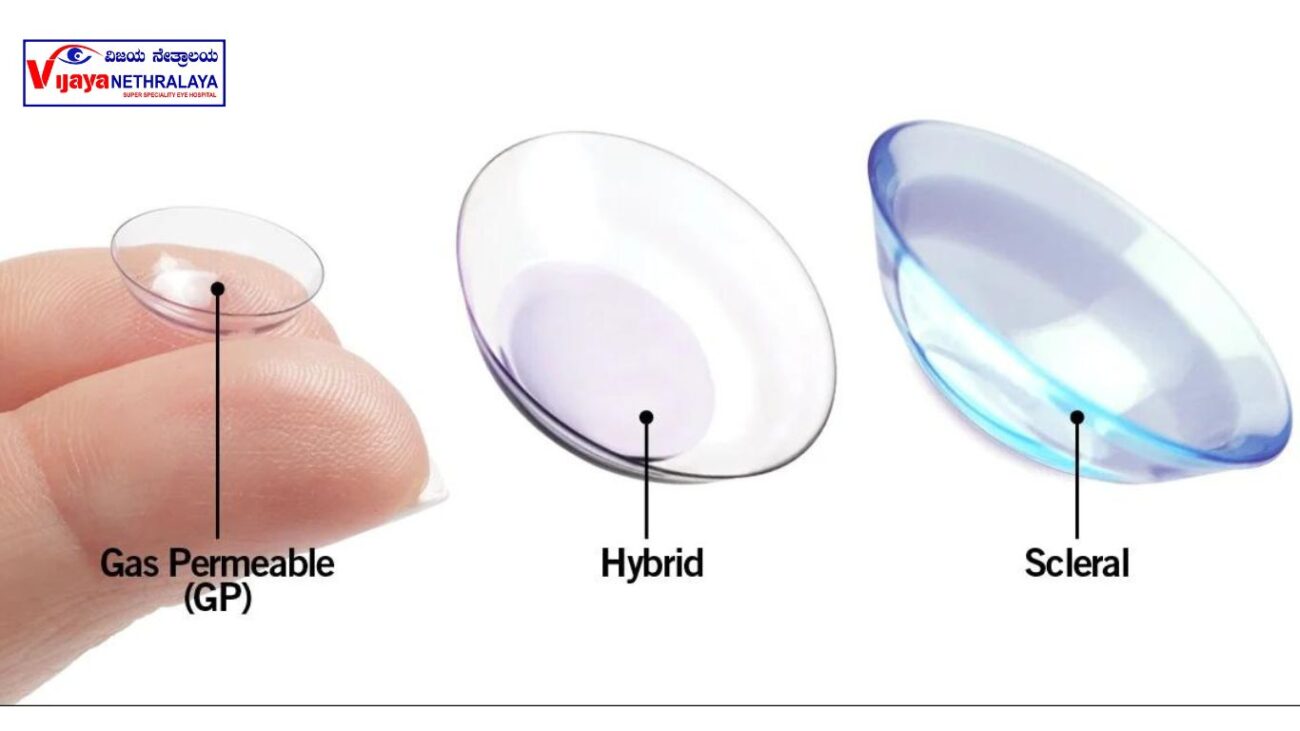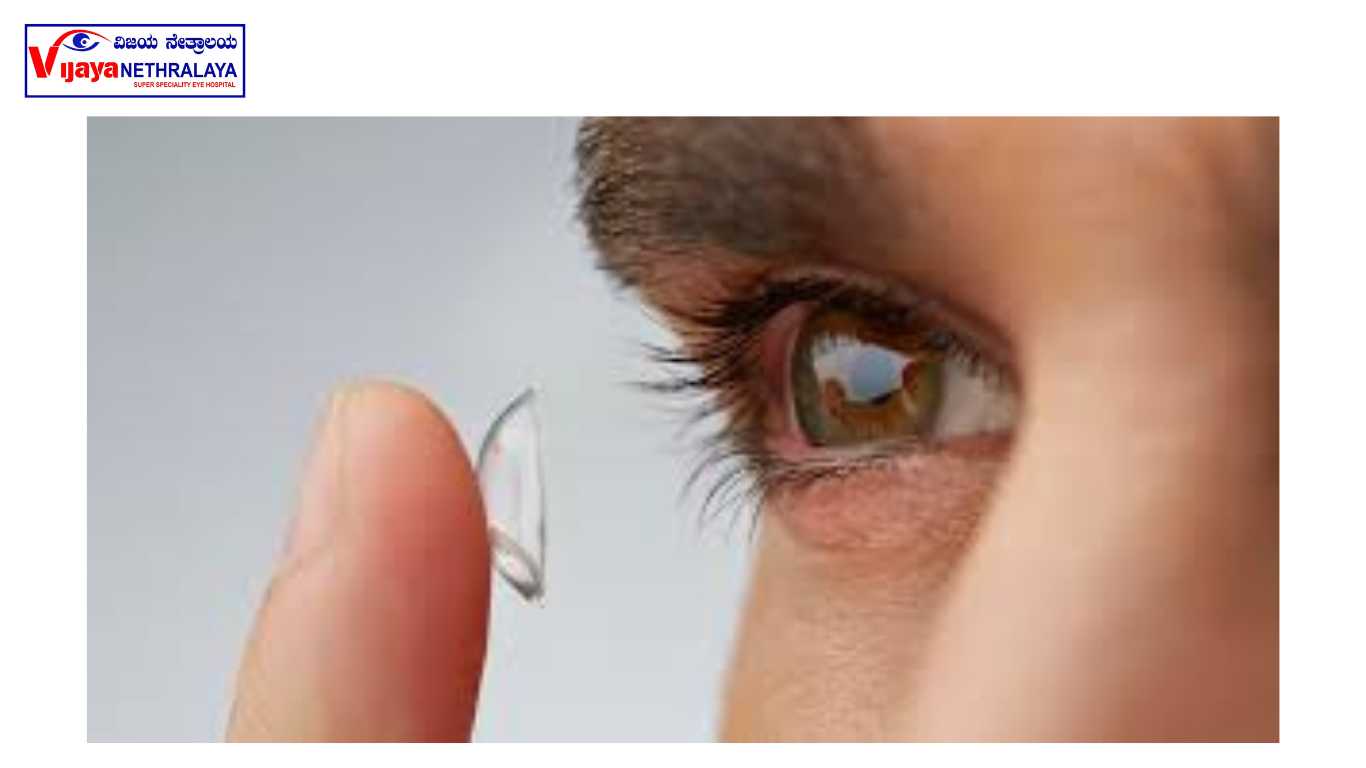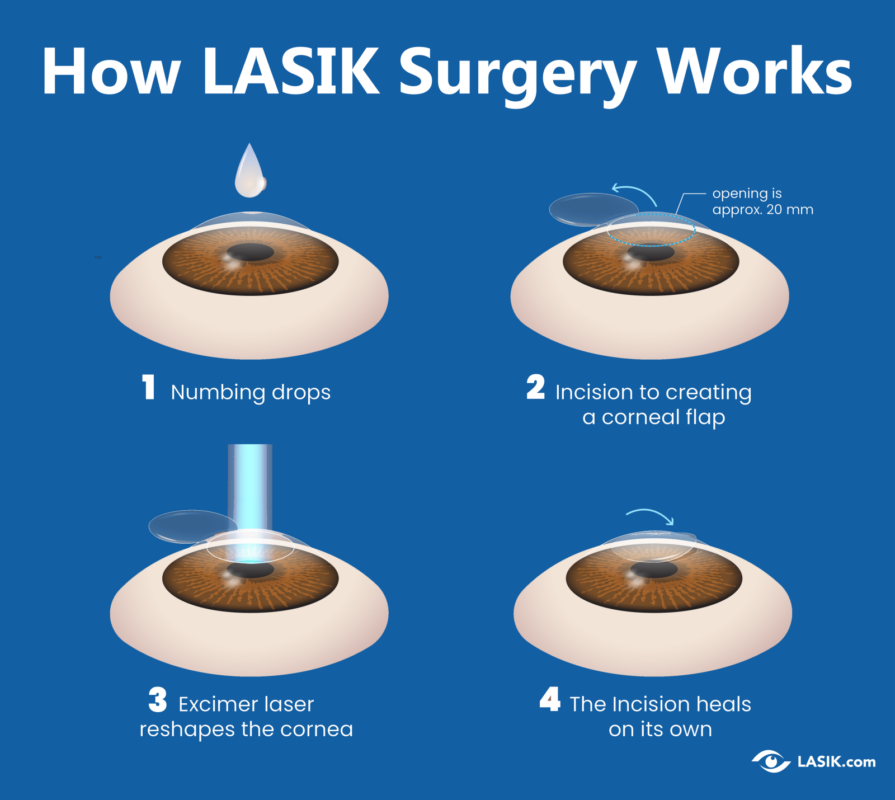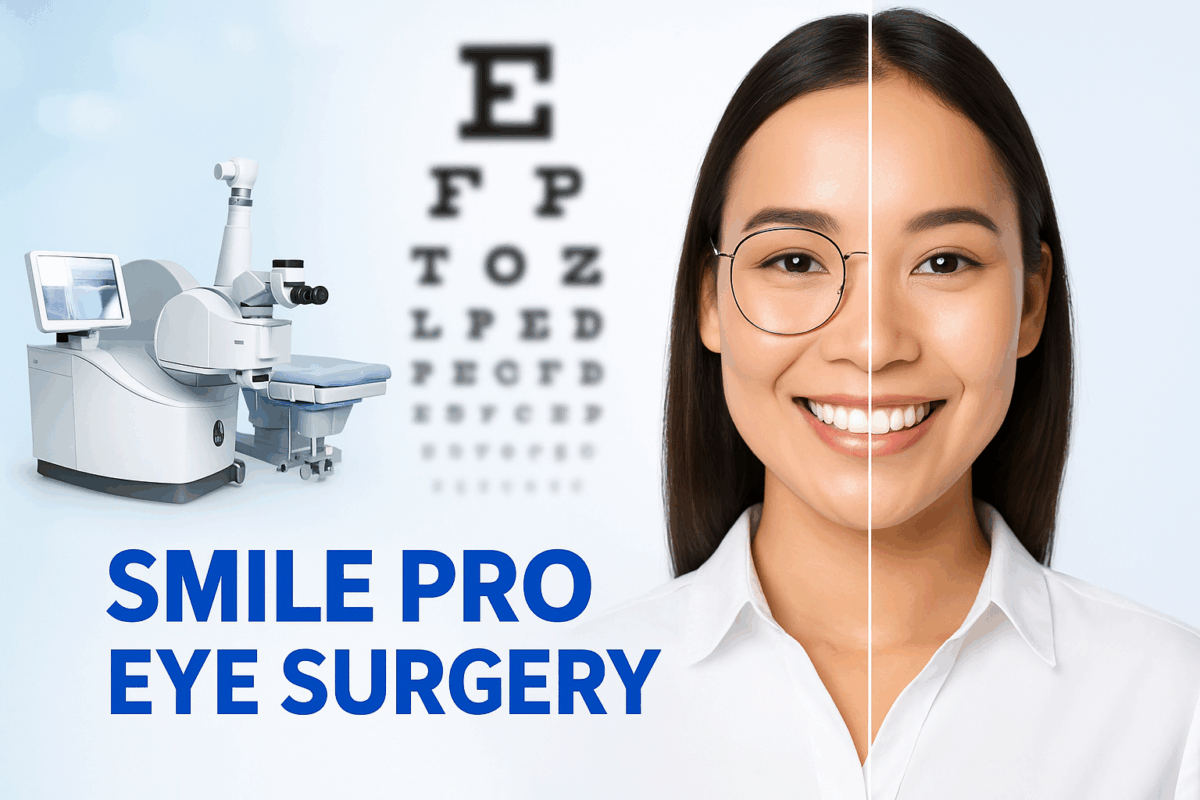Introduction:
If you are tired of constantly reaching for your glasses or dealing with the hassles of regular contact lenses, it might be time to consider a more permanent solution for your vision needs. Permanent contact lens, also known as orthokeratology lenses or overnight lenses, offer a revolutionary way to correct your vision and enjoy a life free from glasses. In this article, we will explore the advantages of permanent contact lenses and why they are gaining popularity among individuals with various vision problems.
1. How Permanent Contact Lens Differs from Regular Contact Lens:
Unlike traditional contact lenses that are worn throughout the day and require regular cleaning and maintenance, permanent contact lenses are designed to be worn overnight. These specially designed lenses gently reshape the cornea while you sleep, providing you with clear and sharp vision once you wake up.

2. Benefits of Permanent Contact Lens:
Improved Comfort and Convenience
One of the significant advantages of permanent contact lenses is the comfort they offer. Since you wear them while you sleep, there is no discomfort of having foreign objects in your eyes during the day. Additionally, you won’t have to worry about misplacing or breaking your regular glasses or contact lenses.
Correcting Various Vision Problems
Permanent contact lenses can effectively correct various vision problems, including nearsightedness, farsightedness, and even astigmatism. They work by altering the shape of the cornea, which allows light to focus correctly on the retina, leading to improved vision.
Clear and Unobstructed Vision
With permanent contact lenses, you can enjoy clear and unobstructed vision throughout the day. Since the lenses reshape the cornea precisely, you won’t experience any distortions or blurriness in your vision.
Freedom from Glasses
For those who find wearing glasses cumbersome, permanent contact lenses provide the freedom to see clearly without the need for eyeglasses. This is particularly beneficial for individuals engaged in sports or other physical activities.
Enhanced Aesthetics
Many people opt for permanent contact lenses for aesthetic reasons. They can improve the appearance of your eyes, especially if you are not fond of wearing glasses.
3. Types of Permanent Contact Lens:
There are three main types of permanent contact lenses available:
Gas-Permeable (GP) Lenses
GP lenses are rigid and allow oxygen to pass through, making them comfortable for extended wear. They are highly durable and provide excellent vision correction for various refractive errors.

Soft Contact Lenses
Soft contact lenses are made from flexible plastics and are more comfortable to wear initially. They are suitable for mild to moderate refractive errors and are available in various replacement schedules.
Hybrid Contact Lenses
Hybrid lenses combine the features of both gas-permeable and soft lenses. They have a rigid center for clear vision and soft edges for added comfort.
4. Factors to Consider before Opting for Permanent Contact Lens:
Before deciding on permanent contact lenses, consider the following factors:

Consultation with an Eye Care Professional
It is crucial to consult an eye care professional to determine if permanent contact lenses are suitable for your eyes and vision condition.
Eye Health and Condition
Individuals with certain eye conditions or diseases may not be suitable candidates for permanent contact lenses.
Lifestyle and Daily Activities
Your lifestyle and daily activities can also influence the suitability of permanent contact lenses. Talk to your eye care professional about your lifestyle to ensure the right fit.
5. The Procedure of Getting Permanent Contact Lens:
The process of obtaining permanent contact lenses typically involves the following steps:
Eye Examination and Prescription
An eye examination will be conducted to assess your current vision and determine the right prescription for the lenses.
Fitting Process
A fitting process is carried out to ensure the lenses fit your eyes properly and comfortably.
Adapting to Permanent Contact Lenses
It may take a few days or weeks to adapt to wearing permanent contact lenses regularly. Patience and persistence are key during this adjustment period.
6. Caring for Permanent Contact Lens:
To maintain the effectiveness of permanent contact lenses and ensure eye health, follow these care tips:
Cleaning and Hygiene
Clean the lenses regularly as instructed by your eye care professional to prevent infections and irritations.
Storage and Maintenance
Store the lenses in the recommended solution and container when not in use. Replace the solution regularly.
7. Common Myths about Permanent Contact Lens:
Myth 1: Permanent Contact Lenses Are Uncomfortable
While it may take some time to get used to wearing them, most people find permanent contact lenses comfortable during sleep.
Myth 2: Permanent Contact Lenses Are Expensive
While the initial cost may be higher than regular contact lenses, the long-term benefits and convenience often outweigh the expense.
Myth 3: Permanent Contact Lenses Are Not Suitable for Active Individuals
On the contrary, many athletes and active individuals prefer permanent contact lenses for their comfort and unobstructed vision during physical activities.
8. Who Can Benefit from Permanent Contact Lens?
Permanent contact lenses are ideal for various individuals, including:
Individuals with Presbyopia
People experiencing presbyopia, a condition that impairs near vision with age, can benefit from permanent contact lenses.
People with Astigmatism
Permanent contact lenses can effectively correct astigmatism, providing clear vision at all distances.
Athletes and Sports Enthusiasts
Active individuals can enjoy the freedom and convenience of permanent contact lenses during sports and physical activities.
Actors and Performers
Performers can enhance their appearance and confidence on stage with the use of permanent contact lenses.
9. Potential Risks and Complications:
As with any medical procedure, there are potential risks associated with permanent contact lenses, including:
Eye Irritation and Dryness
Some individuals may experience mild eye irritation or dryness during the adaptation period.
Allergic Reactions
In rare cases, individuals may be allergic to the materials used in the lenses.
Infections
Proper hygiene and care are essential to minimize the risk of eye infections.
Author details:
Dr. Sushruth Appaji gowda is a well-known Cornea, Cataract, Glaucoma, and LASIK Surgeon in Bangalore, and the chief Cataract and Refractive surgeon at Vijaya Nethralaya Eye Hospital, Nagarbhavi Bangalore. Known as one of the best LASIK surgeons in the country, he has over 12+ years of experience with multiple platforms of LASIK like ZEISS, ALCON, SCHWIND, AMO, and Bausch and Lomb. He has conducted over 5000 LASIK. Dr. Sushruth is a Certified Refractive Surgeon and Fellow of All India Collegium Of Ophthalmology. He is a recognized speaker in various National and International Forums. His expertise lies in choosing the right type of procedure for you based on your health requirement.

Book Your Appointment Now
Frequently Asked Questions (FAQs):
Q: How long do I need to wear permanent contact lenses each night? A: Typically, you should wear them overnight while you sleep.
Q: Are permanent contact lenses suitable for children? A: The suitability of permanent contact lenses for children depends on their age and eye health. Consult an eye care professional to determine the best option.
Q: Do i wear permanent contact lenses if I have dry eyes? A: Individuals with dry eyes may still be able to wear permanent contact lenses, but they should discuss their condition with an eye care professional.
Q: Is it safe to wear makeup while using permanent contact lenses? A: Yes, you can wear makeup, but make sure to apply it carefully to avoid any contact with the lenses.
Book Your Appointment Now
Conclusion:
In conclusion, permanent contact lenses offer a range of advantages, including improved comfort, clear vision, and freedom from glasses. They are suitable for various individuals, and with proper care and consultation with an eye care professional, they can be a convenient and effective option for vision correction. If you are considering a more permanent solution for your vision needs, speak with an eye care specialist to discover if permanent contact lenses are right for your vision.












Hi there
I’ve been through your website, and if you’re wondering why more of your visitors aren’t turning into sales, I have the answer for you.
Would you like a free report on this?
Regards
Joe
(669) 206-0526